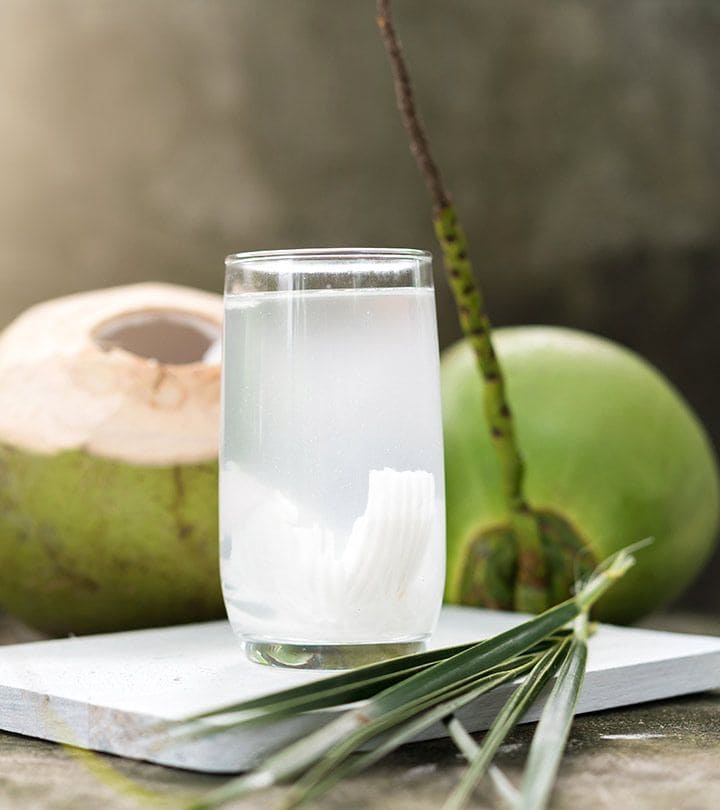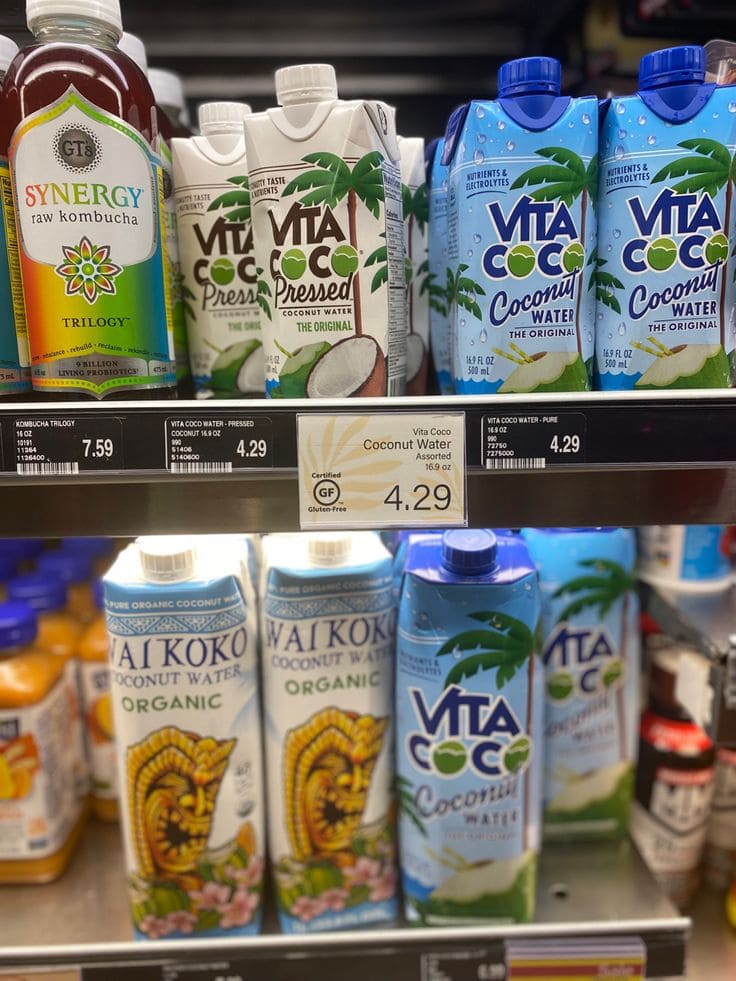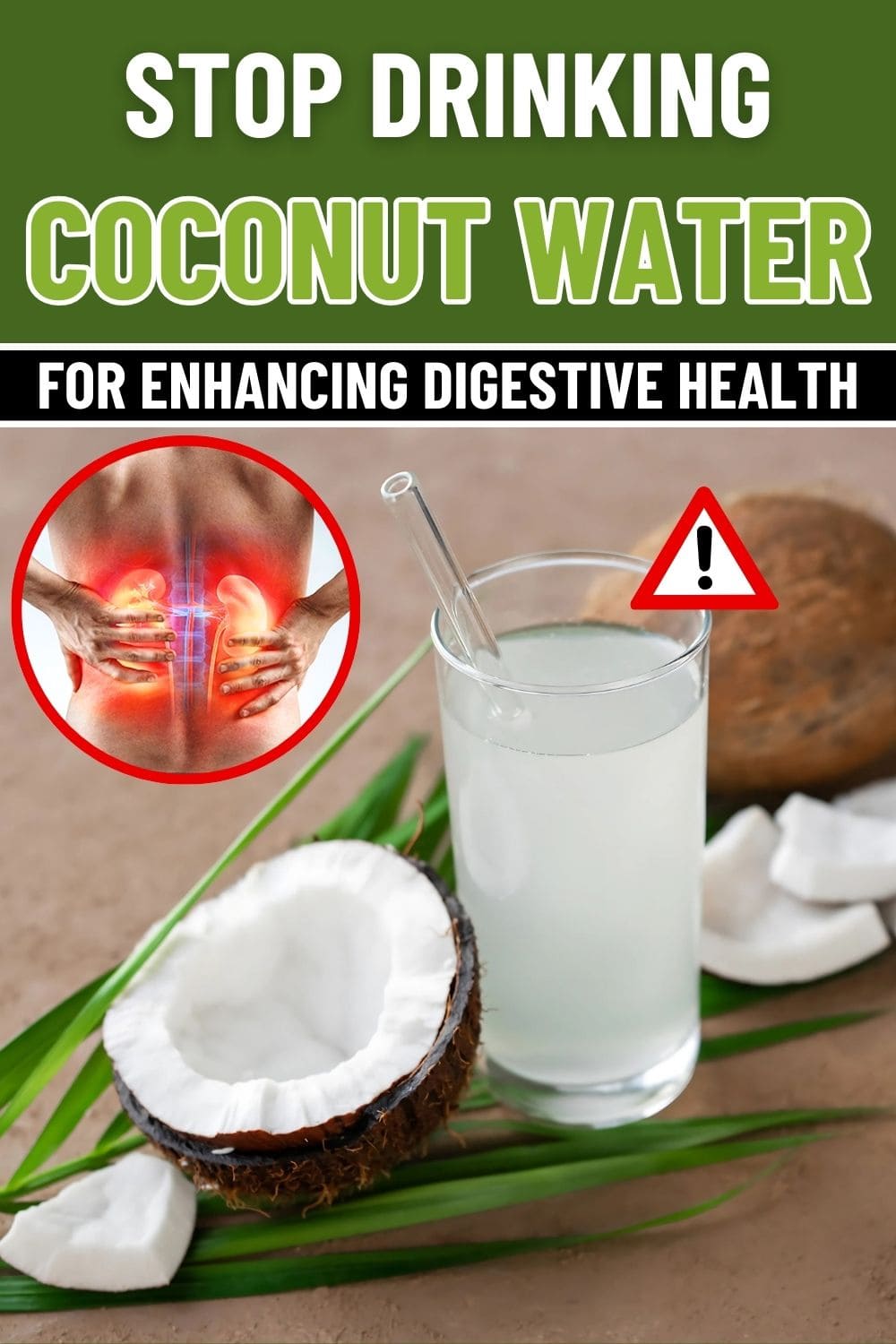Coconut water has gained popularity as a natural, refreshing drink touted for its numerous health benefits. Rich in electrolytes, vitamins, and minerals, it has become a go-to choice for hydration and a healthier alternative to sugary beverages.
However, while coconut water can be a nutritious addition to your diet, there are some important facts you need to know before making it a daily habit. Understanding these considerations can help you enjoy coconut water responsibly and make the most of its benefits.
1. It’s Not a Miracle Cure
Coconut water is often marketed as a superfood capable of solving a variety of health issues. While it does have impressive properties, such as being low in calories, rich in potassium, and hydrating, it’s not a miracle cure.
This drink won’t replace the benefits of a balanced diet, regular exercise, or drinking plain water. Think of it as a supplement to your overall hydration and nutrition rather than a one-stop solution for health problems.

2. High Potassium Levels Can Be a Concern
Coconut water is packed with potassium, a vital mineral that helps regulate heart function, nerve signals, and muscle contractions.
However, excessive potassium intake, especially for individuals with kidney issues or those taking certain medications, can lead to hyperkalemia, a condition characterized by abnormally high potassium levels in the blood.

3. It’s Not Calorie-Free
While coconut water is a healthier option compared to sugary sodas or juices, it’s not calorie-free. A single cup contains around 45-60 calories, depending on the brand or source.
If you drink it frequently, the calories can add up, potentially interfering with weight-loss goals or calorie-controlled diets.
4. Not All Coconut Water is Pure
Packaged coconut water isn’t always as natural as it seems.
Many commercial brands add sugars, flavorings, or preservatives to enhance taste or extend shelf life. These additives can counteract the health benefits and contribute to hidden sugar intake.

5. It May Not Be Suitable for Intense Workouts
Coconut water is often marketed as a natural sports drink, but it may not provide enough sodium for athletes or individuals engaging in prolonged, intense physical activities.
While it’s an excellent source of potassium and hydration, it lacks the high sodium content needed to replenish electrolytes lost through heavy sweating. For endurance athletes, a balanced sports drink may be a better option.
6. Allergies and Sensitivities
Although rare, some individuals may experience allergic reactions or sensitivities to coconut water. Symptoms could include stomach upset, bloating, or even skin reactions.

7. Storage Matters
Fresh coconut water has a short shelf life and should be consumed promptly to avoid spoilage.
Packaged versions often include preservatives, but they still need refrigeration after opening and should be consumed within a few days.
8. It’s Not a Replacement for Balanced Meals
Coconut water can be a great addition to your diet, but it’s not a substitute for balanced meals. It lacks the macronutrients (protein, healthy fats, and carbohydrates) required to sustain energy and overall health.
9. It May Not Be Eco-Friendly
While the popularity of coconut water has soared globally, there are environmental concerns tied to its production. Harvesting coconuts for water can contribute to deforestation and labor exploitation in some regions.
If sustainability is important to you, look for ethically sourced brands that adhere to fair trade and sustainable farming practices.
10. Individual Needs Vary
Coconut water’s benefits and potential downsides depend on individual health conditions and lifestyle. While it can help with hydration and provide essential nutrients, it’s not universally beneficial for everyone.
Pregnant women, individuals with diabetes, or those managing specific health conditions should consult their healthcare provider before consuming coconut water regularly.

How to Enjoy Coconut Water Responsibly
- Opt for fresh or pure varieties: Whenever possible, you should choose fresh coconut water or brands that offer 100% pure, unprocessed options.
- Limit your intake: A cup or two per day is usually sufficient for most people.
- Consider your activity level: For light hydration, coconut water is excellent. For intense workouts, you pair it with a higher-sodium drink.
- Check the labels: You need to avoid brands with added sugars, artificial flavors, or preservatives.

